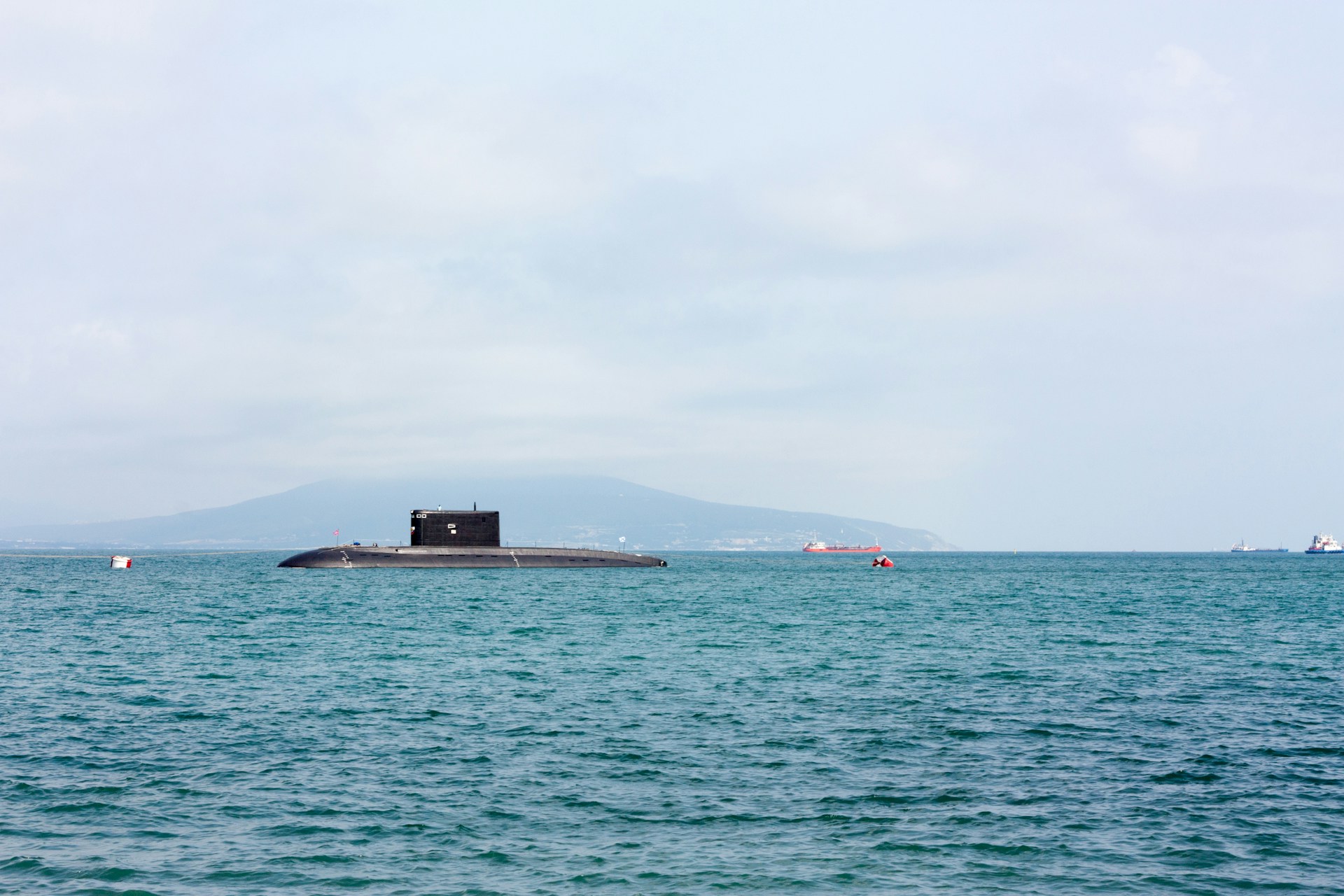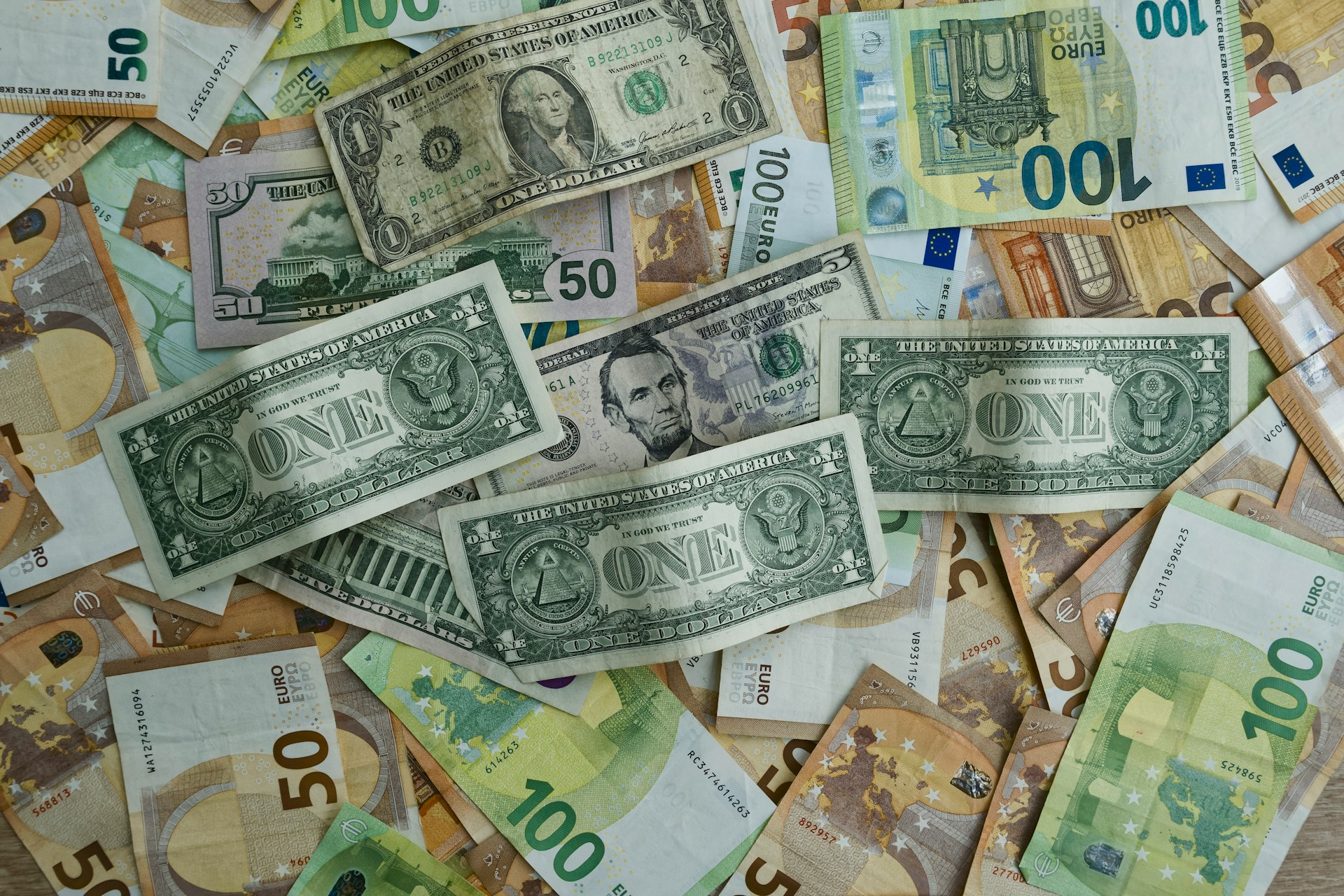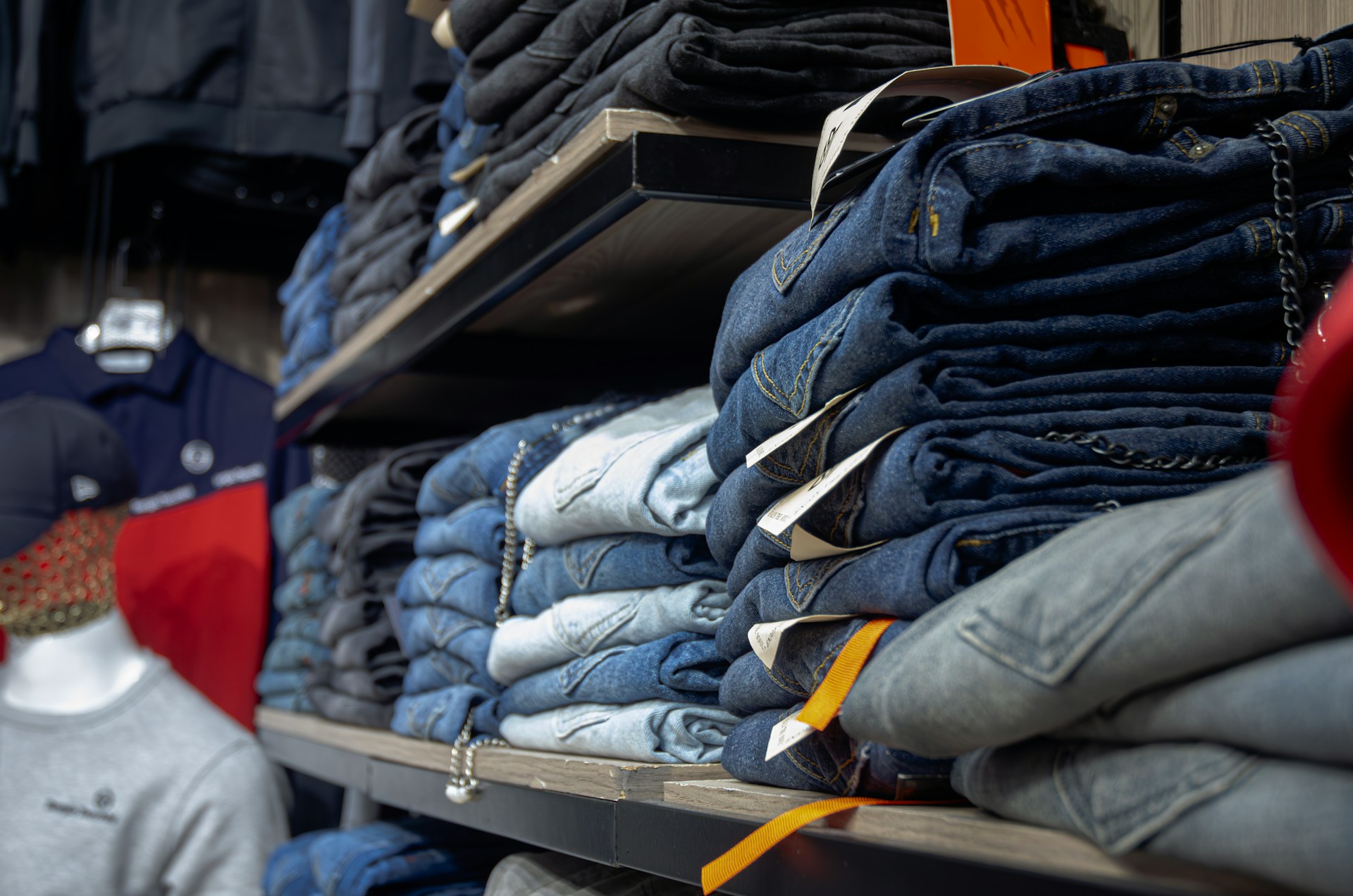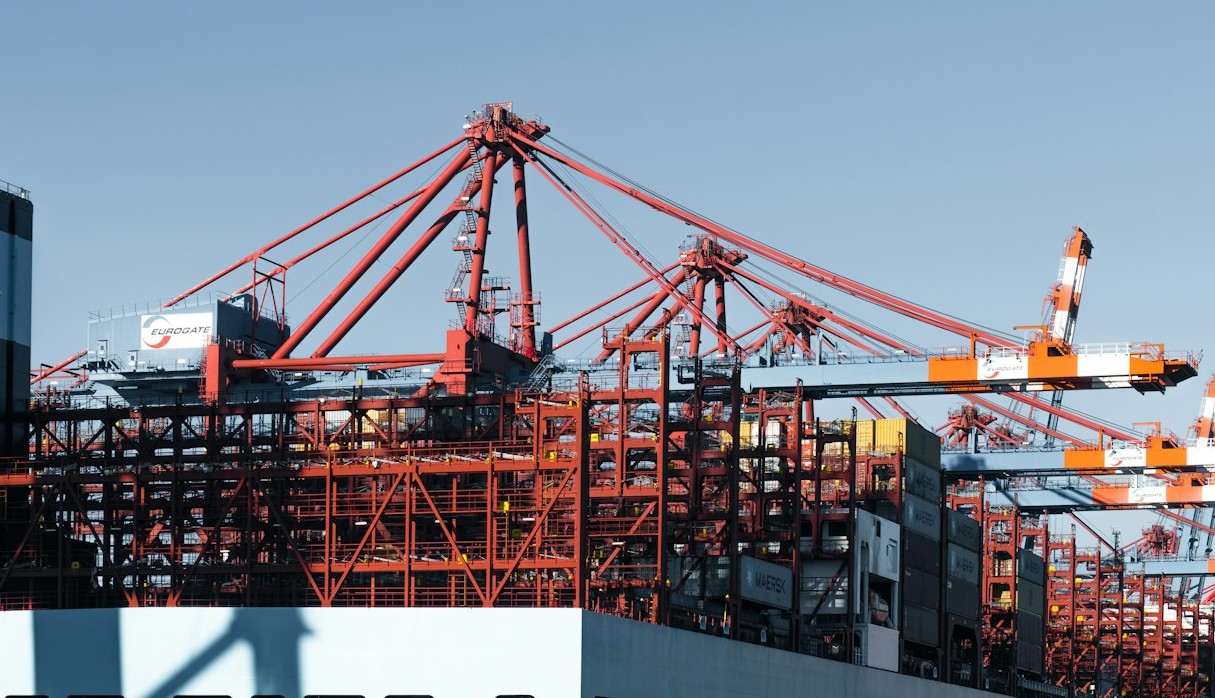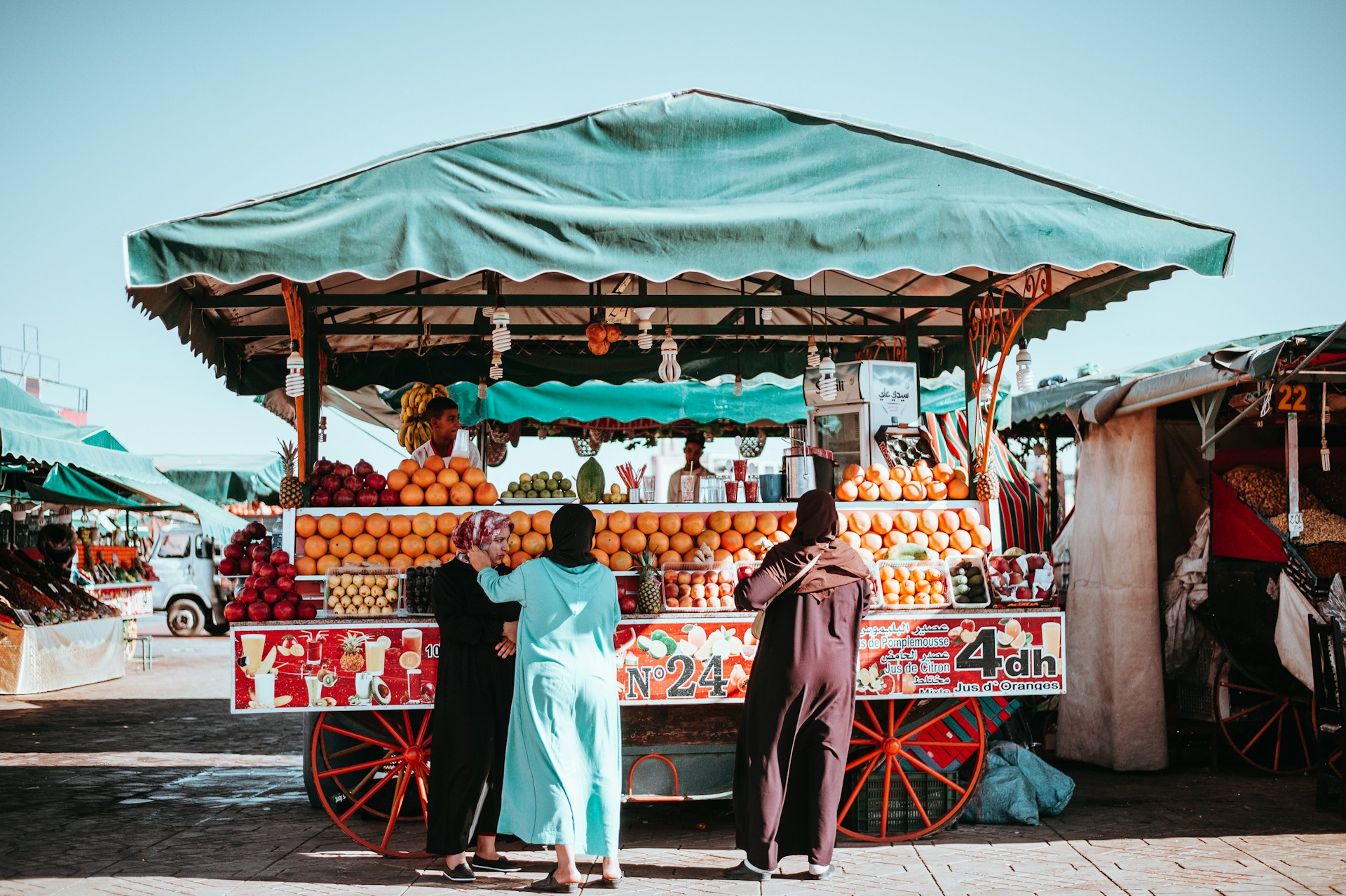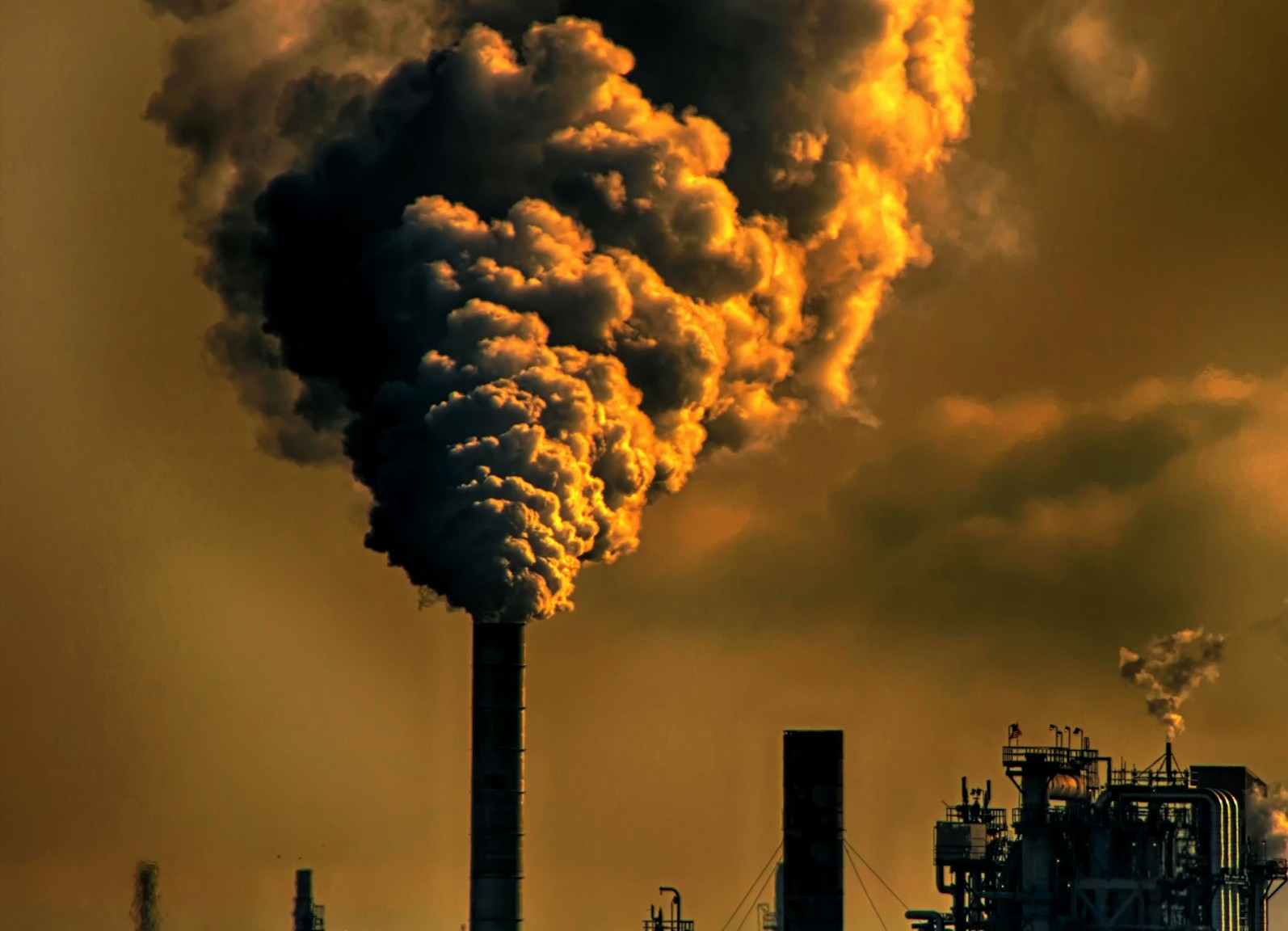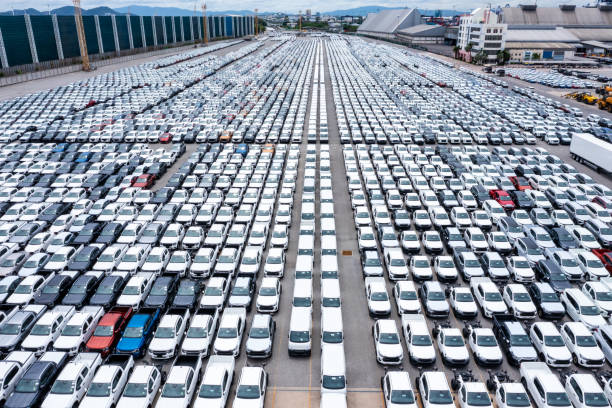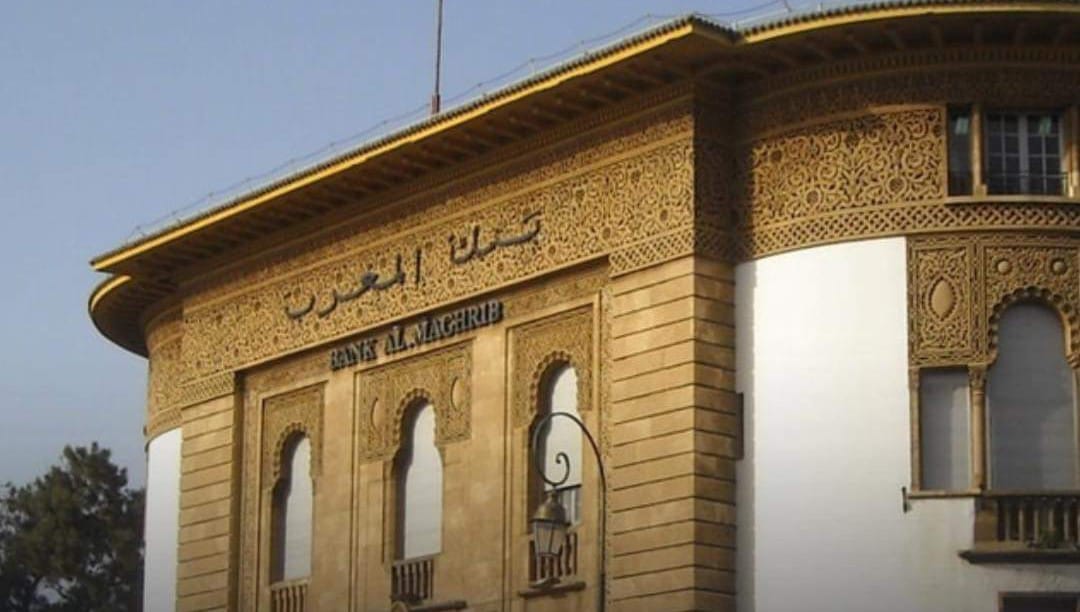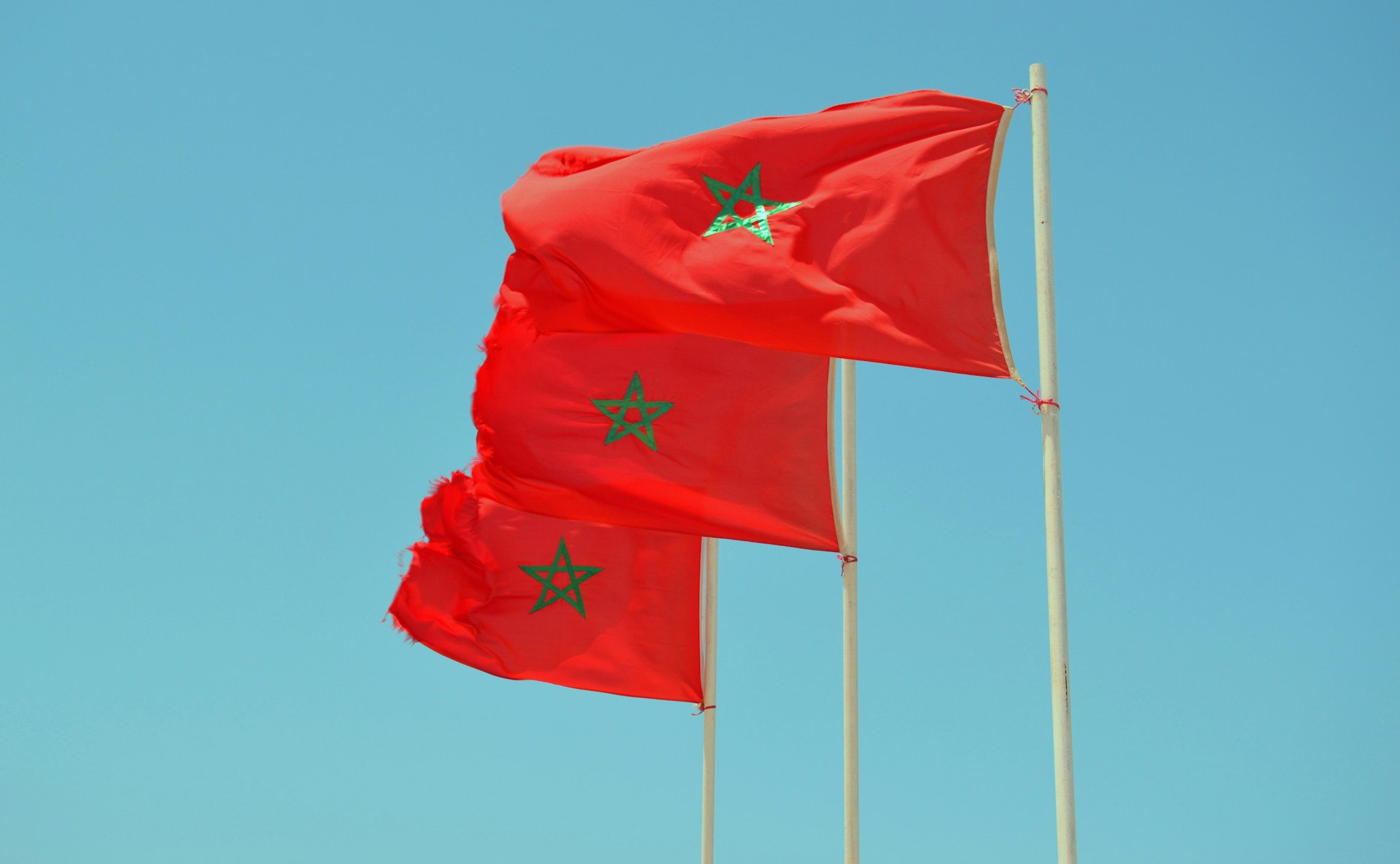Casablanca – The ambitious energy project linking Morocco and Germany, now branded Sila Atlantik, marks a significant milestone in Europe’s transition to renewable energy. Originally conceived as a power link between Morocco and the United Kingdom, the initiative faced a major setback when London officially withdrew its support in June 2025. The British government cited high execution and security risks and prioritized domestic energy investments. However, the project has found a new lease on life through Germany, reflecting growing European interest in securing reliable, large-scale green energy sources.
From Britain to Germany: A strategic shift
The project is led by the British company Xlinks, now operating through a German subsidiary, Xlinks Germany GmbH, under the new brand Sila Atlantik. Former executives from major energy companies EnBW and Ørsted have joined the initiative, lending their expertise to revive this cross-continental electricity link. The reorientation towards Germany comes in response to both bureaucratic hurdles in the UK and the country’s desire to maintain strategic independence in energy production.
Technical scope and capacity
Sila Atlantik is designed as a 4,800-kilometer high-voltage transmission line, running along the Atlantic coast, capable of transporting 15 gigawatts of renewable electricity from Morocco to Germany. This would position the project as one of the largest cross-border clean energy initiatives in the world. The energy would be generated primarily from wind and solar farms in southern Morocco, leveraging the region’s abundant solar radiation and powerful Atlantic winds.
The project aims to deliver approximately 26 terawatt-hours of electricity per year, covering around 5% of Germany’s annual electricity consumption. This capacity could supply millions of German households while also supporting energy-intensive industries that face increasing pressure to adopt sustainable practices.
Economic and environmental implications
The estimated cost of the project ranges between $32–43 billion, reflecting the scale and technical complexity of undersea high-voltage transmission. Despite the high investment, the project promises substantial long-term benefits. Analysts project that Sila Atlantik could deliver electricity faster and at lower costs than nuclear power, while simultaneously reducing Germany’s carbon emissions by a significant margin. Studies cited by Xlinks indicate potential wholesale electricity savings of up to 9% for German consumers and a 10% reduction in CO₂ emissions, thanks to the reliability of Morocco’s wind and solar resources.
The initiative also benefits from a marked decrease in renewable energy production costs over the past decade, making the project economically viable compared to earlier proposals such as Desertec, which was abandoned due to high costs and political uncertainty. High-voltage cables, locally manufactured in Morocco, will transport electricity to multiple connection points in Germany, ensuring efficiency and grid stability.
Strategic significance for Europe and Morocco
For Germany, Sila Atlantik represents an opportunity to secure a stable supply of green electricity while accelerating its exit from coal and nuclear power. The project aligns with Berlin’s energy transition goals, providing a reliable renewable energy source that can strengthen the national grid and support industrial competitiveness.
For Morocco, Sila Atlantik consolidates its position as a regional hub for renewable energy. By exporting clean power to Europe, the country can attract additional investment, create jobs, and advance its own energy transition. The initiative may also serve as a model for future cross-border energy collaborations between North Africa and Europe.
Investor commitment and next steps
Despite the initial setback in the UK, Xlinks and its investors have demonstrated ongoing commitment, with over $130 million already invested in project development. Strategic partnerships with European energy giants such as EnBW and Ørsted, and potential collaboration with Eon or Uniper, further enhance the credibility of the initiative.
The Sila Atlantik brand has been officially registered in Germany, symbolizing the formal launch of this ambitious energy project. If realized as planned, the initiative will not only supply renewable energy to millions but also mark a landmark achievement in global energy transition, underscoring the potential of North Africa-Europe partnerships in shaping a sustainable future.
